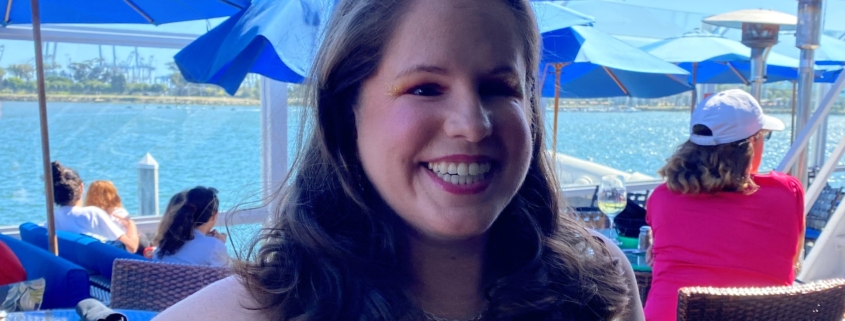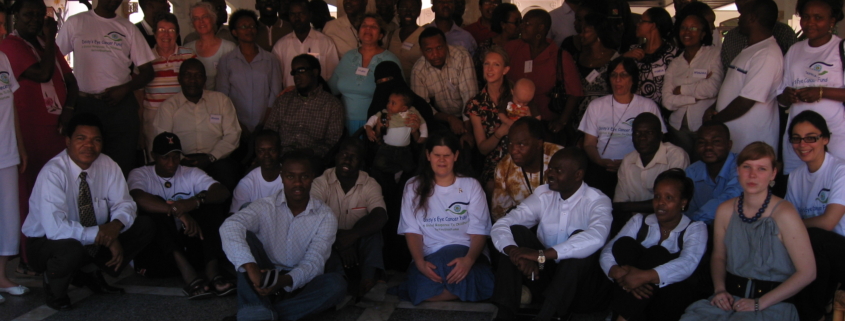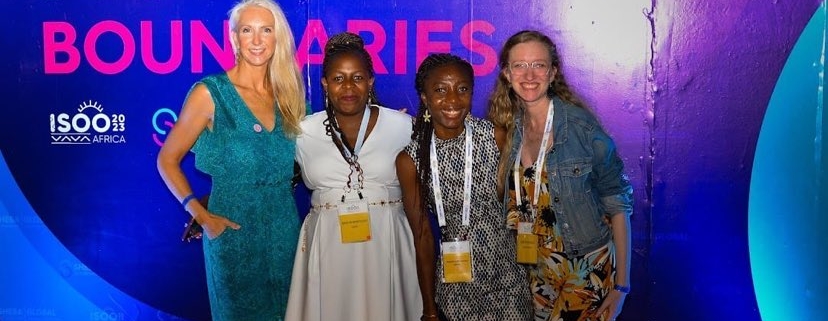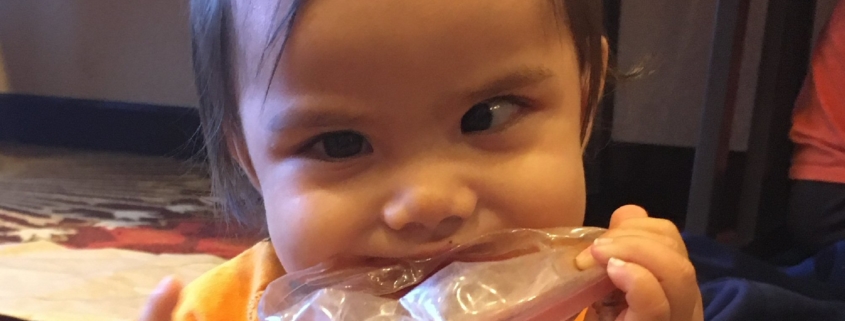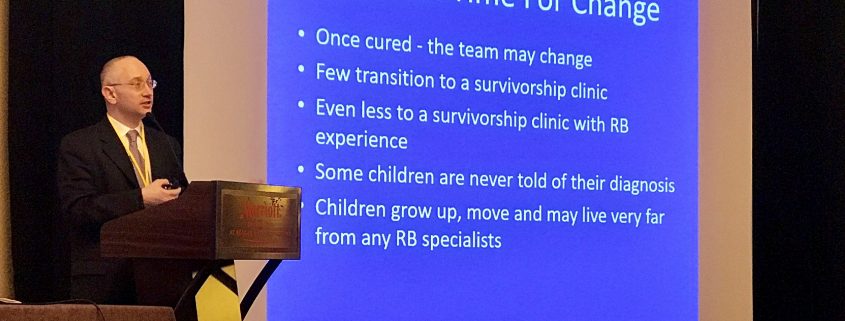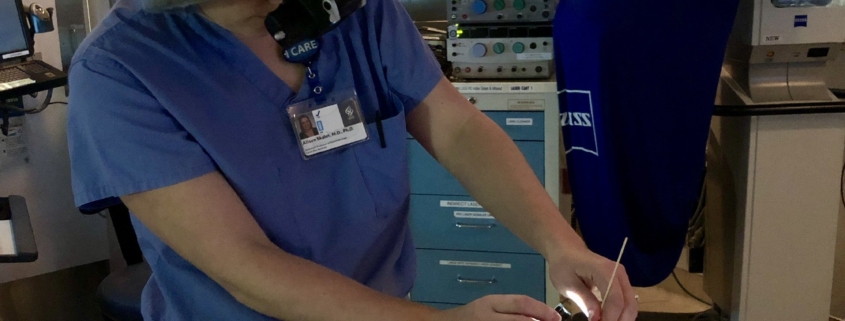Beyond Retinoblastoma: Celebrating Cancer Survivorship; Advocating Lifelong Care
At seventeen months old, Marissa Gonzalez was diagnosed with bilateral retinoblastoma – the first turning point in her lifelong journey with this cancer syndrome. Today, as President of WE C Hope USA, she celebrates 32 years free from eye cancer, and shares the latest chapter of her cancer survivorship story, with two appeals to all in our community.

